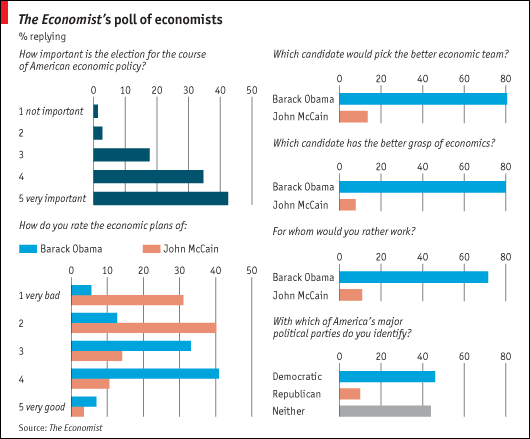I have been as guilty as anybody of indulging in Palin-Mania, or Palin Obsessive Disorder. Like most people, my thinking has been overly fact-lite, if not fact-free, about Gov. Palin.
So, as the need to think about other things asserts itself, it is a relief to read a brilliant summary from Jim Bennett based on facts and history, which presents Gov. Palin’s story as a coherent narrative.
Bennett’s article in the Telegraph is the single best thing yet written by anybody about who Sarah Palin is and what she has accomplished.
Most news reports and other commentary, both fair and foul, have dwelt on “exotica – the moose shooting, her Eskimo husband” without comprehending or explaining how “a woman can go from being mayor of a town of 9,000, to governor, to prospective VP within the space of a few years.”
Bennett explains how Palin worked her way up in a rugged political environment, how she built her political base, and how she came to realize “that Alaska had the potential to become a much bigger player in global energy politics.”
As with most poor, distant places that suddenly receive great natural-resource wealth, the first generation of politicians were mesmerised by the magnificence of the crumbs falling from the table. Palin was the first of the next generation to realise that Alaska should have a place at that table.
Her first target was an absurd bureaucratic tangle that for 30 years had kept the state from exporting its gas to the other 48 states. She set an agenda that centred on three mutually supportive objectives: cleaning up state politics, building a new gas pipeline, and increasing the state’s share of energy revenues.
She proceeded to execute this strategy, as chairman of Alaska’s Oil and Gas Conservation Commission, and as Governor.
Far from being a reprise of Mr Smith Goes to Washington, Palin was a clear-eyed politician who, from the day she took office, knew exactly what she had to do and whose toes she would step on to do it.
The surprise is not that she has been in office for such a short time but that she has succeeded in each of her objectives. She has exposed corruption; given the state a bigger share in Alaska’s energy wealth; and negotiated a deal involving big corporate players, the US and Canadian governments, Canadian provincial governments, and native tribes – the result of which was a £13 billion deal to launch the pipeline and increase the amount of domestic energy available to consumers. This deal makes the charge of having “no international experience” particularly absurd.
The prospect of Palin in Washington has caused “her enemies in Alaska” to break out in a cold sweat, according to Bennett, “at the thought of Palin in Washington, guiding the Justice Department’s anti-corruption teams through the labyrinths of Alaska’s old-boy network.”
Obama would not be the first person who has gone down to defeat underestimating Mrs. Palin.
Read Bennett’s piece for the rest of the details.
UPDATE: Two responses by Helen Szameuly, here and here are very much worth reading.
UPDATE 2: A balanced, fair, unemotional assessment of Palin’s track record as mayor and governor, on economic issues. (Via The Right Coast.) See also this equally good one contrasting Palin and Obama on ethics and reform. Both from CATO. Both are nice companion pieces to Bennett’s article.
UPDATE 3: Michael Barone weighs in with a capsule history of Obama’s career as a community organizer, and his initial entry into politics. His conclusion, we need not treat this part of Obama’s career with “reverence”.
Barone is also astute to observe that community organizing only makes sense, if it ever does, where the political process does not work. A one-party machine-run city is the perfect example, and Chicago is the epitome of that. Alinsky was the doppelganger of the first Mayor Daley, for a reason. Most places, if there are rotten services or whatever, that is an invitation to a political challenge by the “out” party. Only where that political option is foreclosed does it make sense to resort to guerilla activity on the Alinsky model, a/k/a “organizing”.
